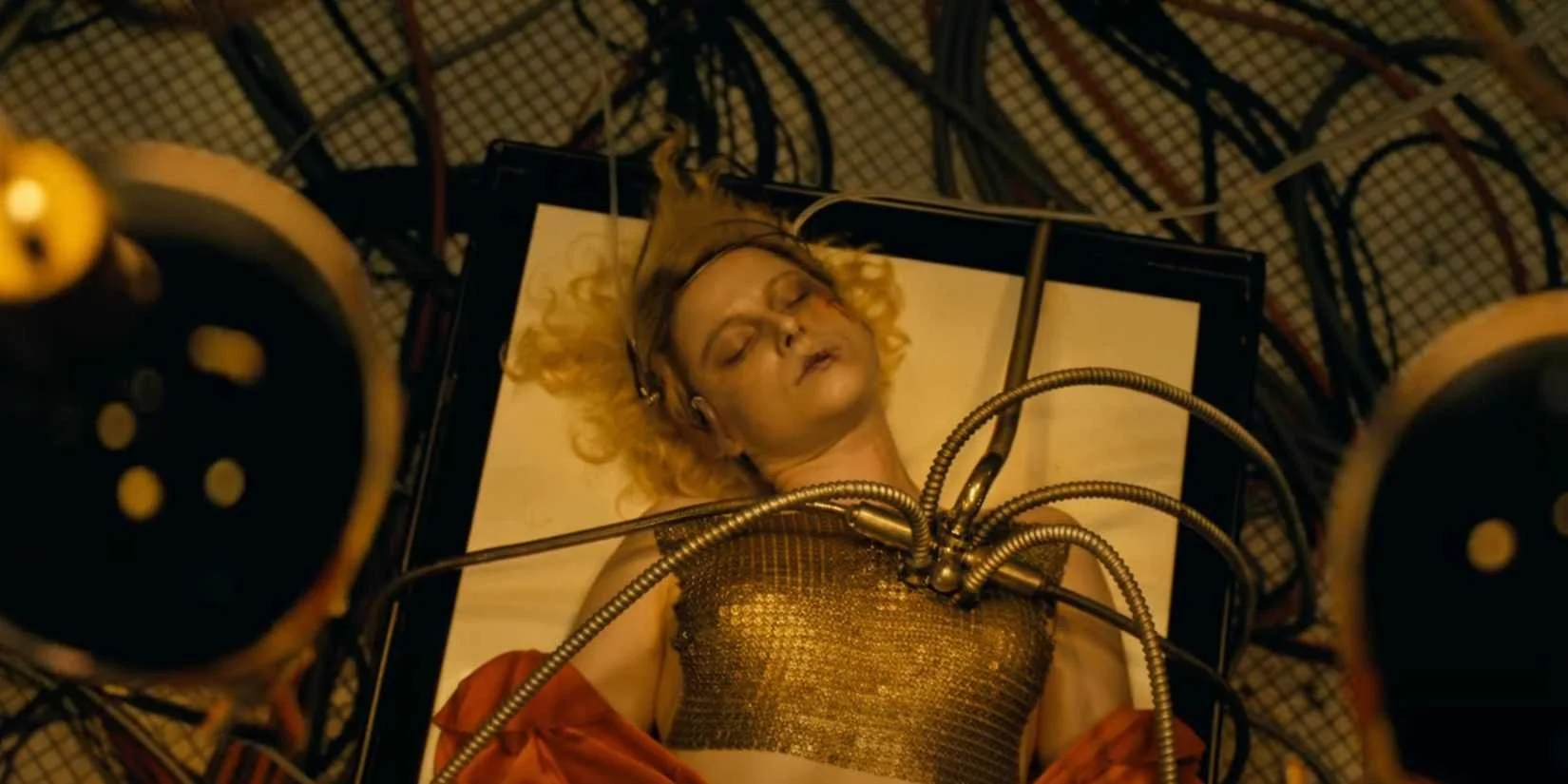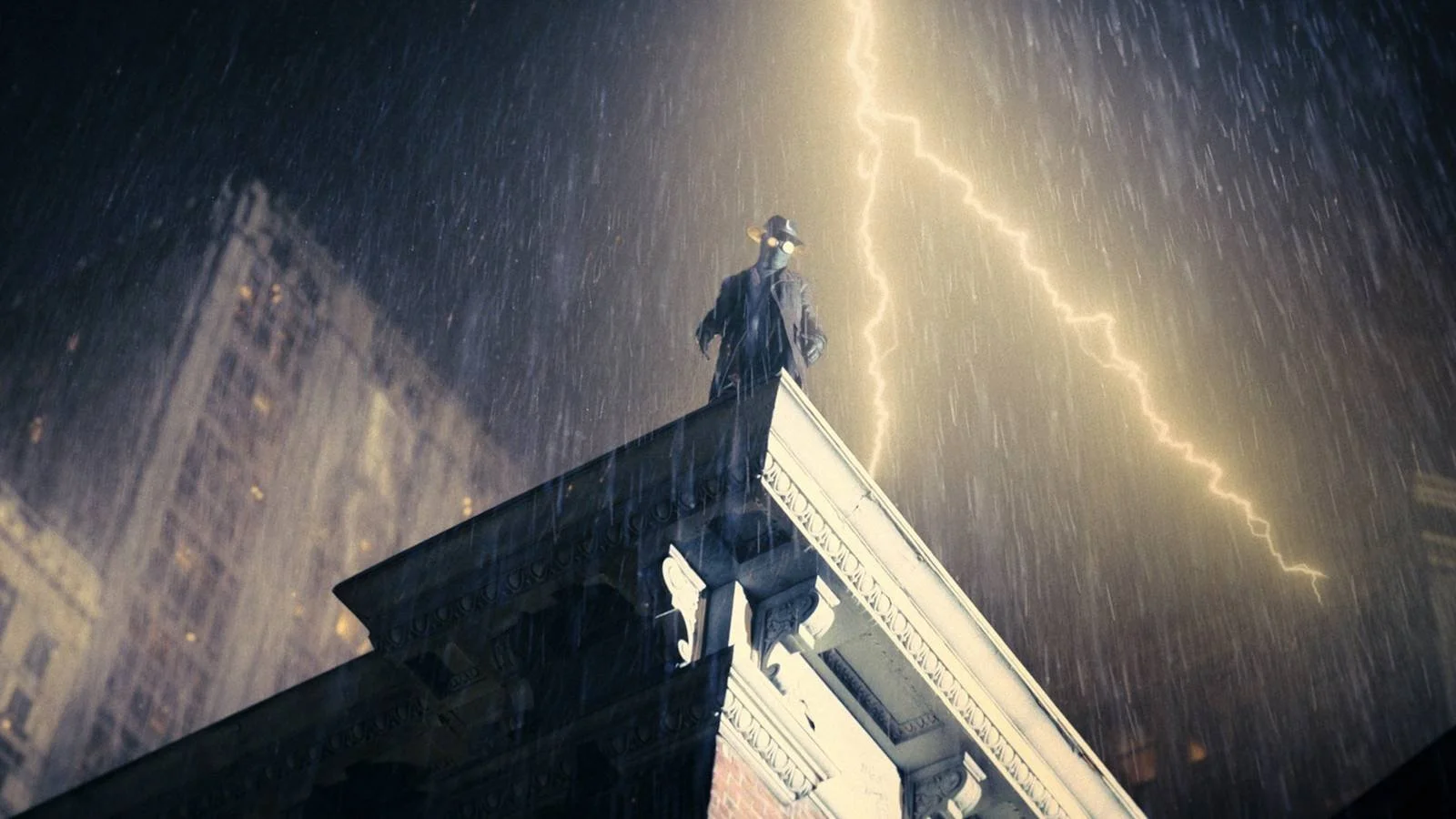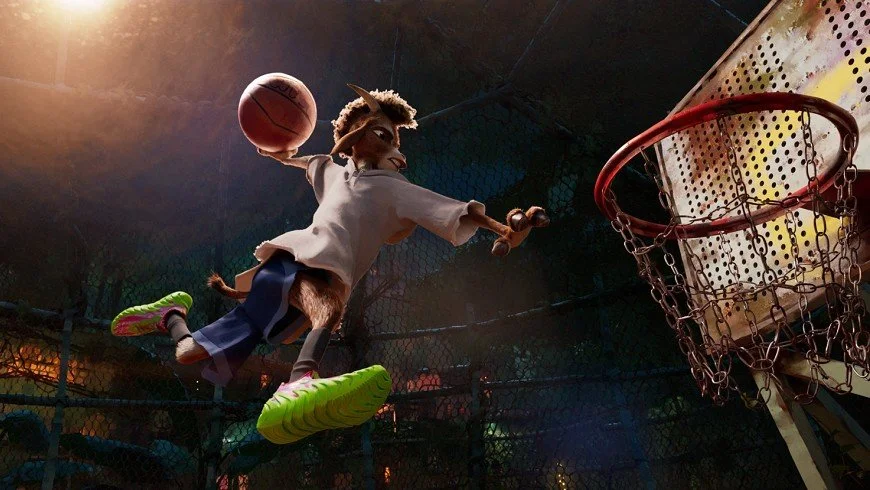The French Dispatch
/Much like Quentin Tarantino, Wes Anderson has maintained the mantle of the auteur director, rightly earning the distinction of becoming somewhat of a genre unto himself. In addition to the distinctive visual palettes and impeccable sense of mise-en-scène, the musical landscape of Anderson movies tends to cleave to some key collaborators and aesthetic markers.
Chief among these would be his partnerships with composers such as Mark Mothersbaugh— and, in this case, Alexandre Desplat— the latter of whom has taken up scoring duty since 2009’s Fantastic Mr. Fox.
This time, then, the potent mix of whimsy and wistfulness of Anderson movies comes full bore in this trailer — literally — with the entry of a tuba arpeggiating upwards at the four second mark, following the opening shot and sound of an increasingly rare sight of newspapers arriving hot off the press. Harpsichord accompanies. — in part perhaps to achieve a quintessentially 60s “baroque pop” sound in keeping with the other music choices in this trailer, as we’ll hear; in part simply because “Wes loves” them.
Another possibility is the vaguely “out of time” quality the harpsichord possesses as an instrument both anachronistic by hundreds of years, yet also reasonably modern as a vestige of its 60s revival. This re-contextualized sense of the past is also conveyed in the juxtaposition between black and white and colour footage and of older news scenes with the film’s colour counterparts. Piano is subtly added to the mix with a countermelody in the upper register.
The music is interrupted but for a moment as the editor’s shadow intones, “just try to make it sound like you wrote it that way on purpose” — as assiduous an aphorism for Anderson’s aesthetic as any.
The next third of this triptych is backed by the 1964 instrumental “L’ultima volta” (“The Last Time”) by Ennio Morricone, having originally appeared in the epic spaghetti Western film by Sergio Leone, Once Upon a Time in the West. Regardless of whether the audience might catch its pedigree, the track’s rollicking, adventurous sentiment matches the series of vignettes (presented literally and charmingly as “stories”) — and here we learn that the black and white scenes are set to intermingle with colour footage seamlessly in the diegesis of the film.
This segment is interrupted in not so much a comedic as an eccentric manner before the soundtrack changes again with the third story, now using the 1965 French hit ballad “Aline,” by the (appropriately enough) mid-century French pop artist Christophe. The purpose of the ballad here is in part to offer a contrapuntal sensibility between the music and visual as we witness flambés reach the ceiling of a two-storey kitchen and a psychopath appearing to stage an escape from the electric chair, among other visually mesmerizing scenes in the montage of this third act of the trailer. Notice also the note-quite synchronized — but very much complementary — arrangement of rhythmic gunfire at the 1:50 mark, just before the stars’ title cards. A classic Bill Murray one-liner leads it out.
The French Dispatch — replete with its smirkingly eccentric subtitle, “Of the Liberty, Kansas Evening Sun” — arrives in theatres July 24th.
— Curtis Perry







